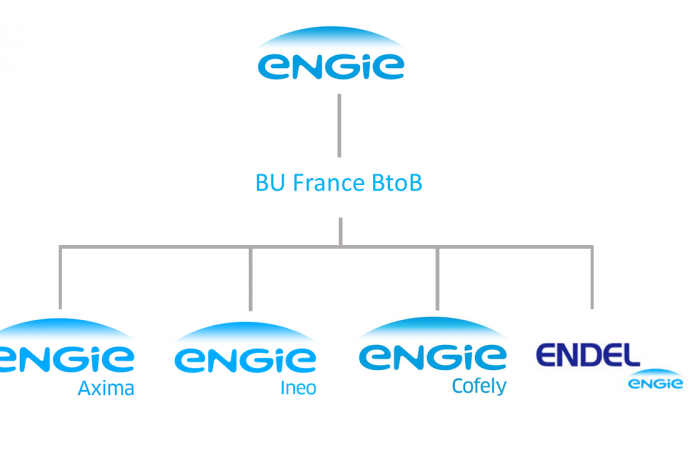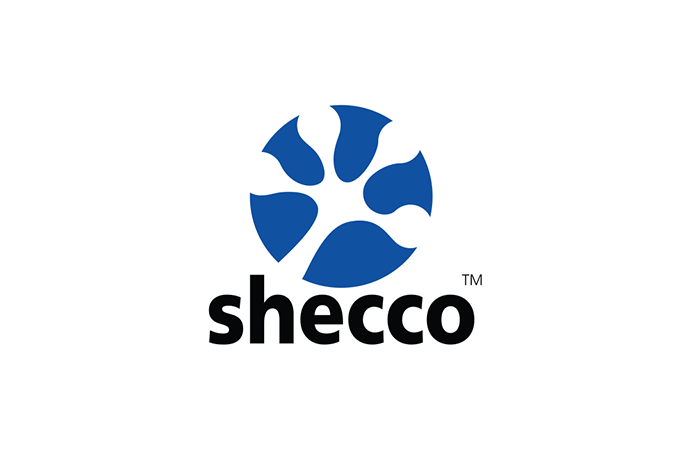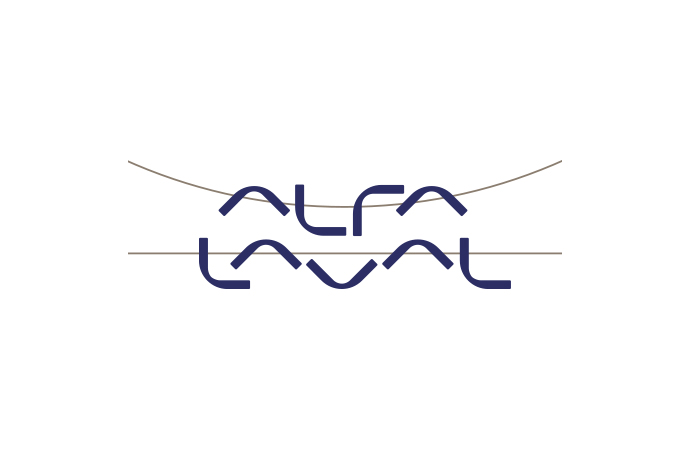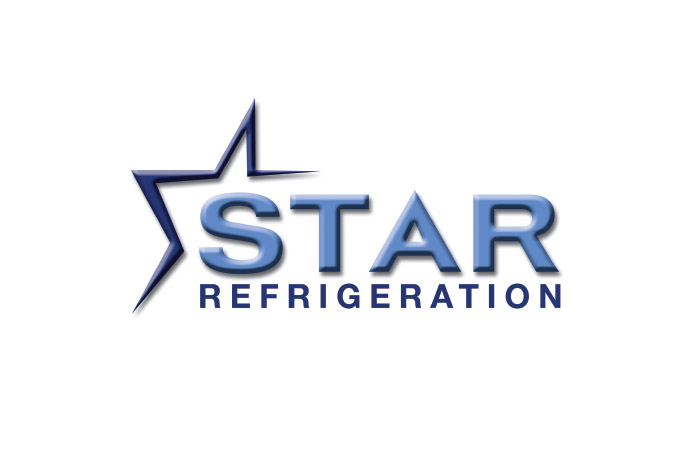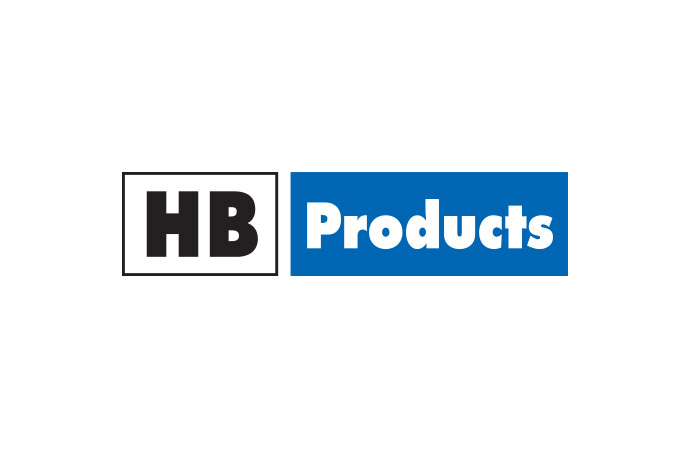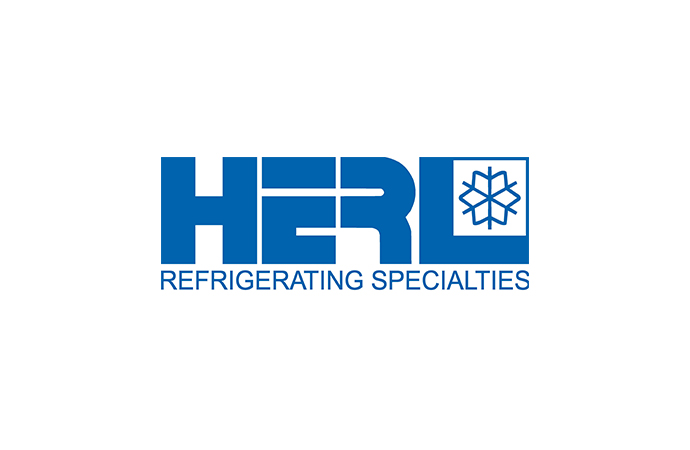With the cold chain accounting for about 2.5% of global emissions through direct (refrigerant leakage) and indirect (energy consumption) effects, an EU funded project has been launched that will develop a benchmarking tool to assess the performance of a particular cold store against data for hundreds of other stores across Europe.

Funded by the European Agency for Competitiveness and Innovation, the ICE-E (Improving Cold Storage Equipment in Europe) project aspires to help European cold store operators reduce their energy consumption and greenhouse gas emissions, though providing a ‘Free Cold Store Energy Adviser’.
Overcoming reservations to the uptake of new technologies
The project partners estimate that cold store operators can realise energy savings of 30-40% by optimising usage of their stores, repairing current equipment and retrofitting with energy efficient equipment.
However, without sufficient information on the achievable savings, cold store operators are often reluctant to install new equipment.
ICE-E therefore seeks to overcome reservations to the uptake of new technologies within the cold storage sector.
Take the survey to facilitate the development of the tool
The ICE-E project partners have put together an online survey addressed to cold stores in order to collect information on the amount of energy they use. The survey can be accessed by clicking here.
With the information collected, the ICE-E team will develop a benchmark/labelling system to enable cold store operators to assess the performance of their stores.
In a second stage of the project, 25 of the total surveyed cold stores will be selected for a free on-site detailed energy and refrigerant use audit, analysis and report by an international team of experts.
Overcoming non-technical barriers
The project team will also be working closely with a few cold store operators to shape an understanding of the non-technical barriers that are holding back the uptake of new technologies, such as social, political, economic and organisational contextual issues.
About the project partners
The partners involved in ICE-E include: London South Bank University (UK), KHLim, vzw Katholieke Hogeschool Limburg (Belgium), the Danish Teknologisk Institut (Denmark), Cold Chain Experts (Netherlands), Carbon Data Resources Ltd (UK), Energy Hills (Germany), VUPP (Czech Republic), University of Padova (Italy) and the Technical University of Sofia (Bulgaria).
Overcoming reservations to the uptake of new technologies
The project partners estimate that cold store operators can realise energy savings of 30-40% by optimising usage of their stores, repairing current equipment and retrofitting with energy efficient equipment.
However, without sufficient information on the achievable savings, cold store operators are often reluctant to install new equipment.
ICE-E therefore seeks to overcome reservations to the uptake of new technologies within the cold storage sector.
Take the survey to facilitate the development of the tool
The ICE-E project partners have put together an online survey addressed to cold stores in order to collect information on the amount of energy they use. The survey can be accessed by clicking here.
With the information collected, the ICE-E team will develop a benchmark/labelling system to enable cold store operators to assess the performance of their stores.
In a second stage of the project, 25 of the total surveyed cold stores will be selected for a free on-site detailed energy and refrigerant use audit, analysis and report by an international team of experts.
Overcoming non-technical barriers
The project team will also be working closely with a few cold store operators to shape an understanding of the non-technical barriers that are holding back the uptake of new technologies, such as social, political, economic and organisational contextual issues.
About the project partners
The partners involved in ICE-E include: London South Bank University (UK), KHLim, vzw Katholieke Hogeschool Limburg (Belgium), the Danish Teknologisk Institut (Denmark), Cold Chain Experts (Netherlands), Carbon Data Resources Ltd (UK), Energy Hills (Germany), VUPP (Czech Republic), University of Padova (Italy) and the Technical University of Sofia (Bulgaria).
MORE INFORMATION
Related stories


